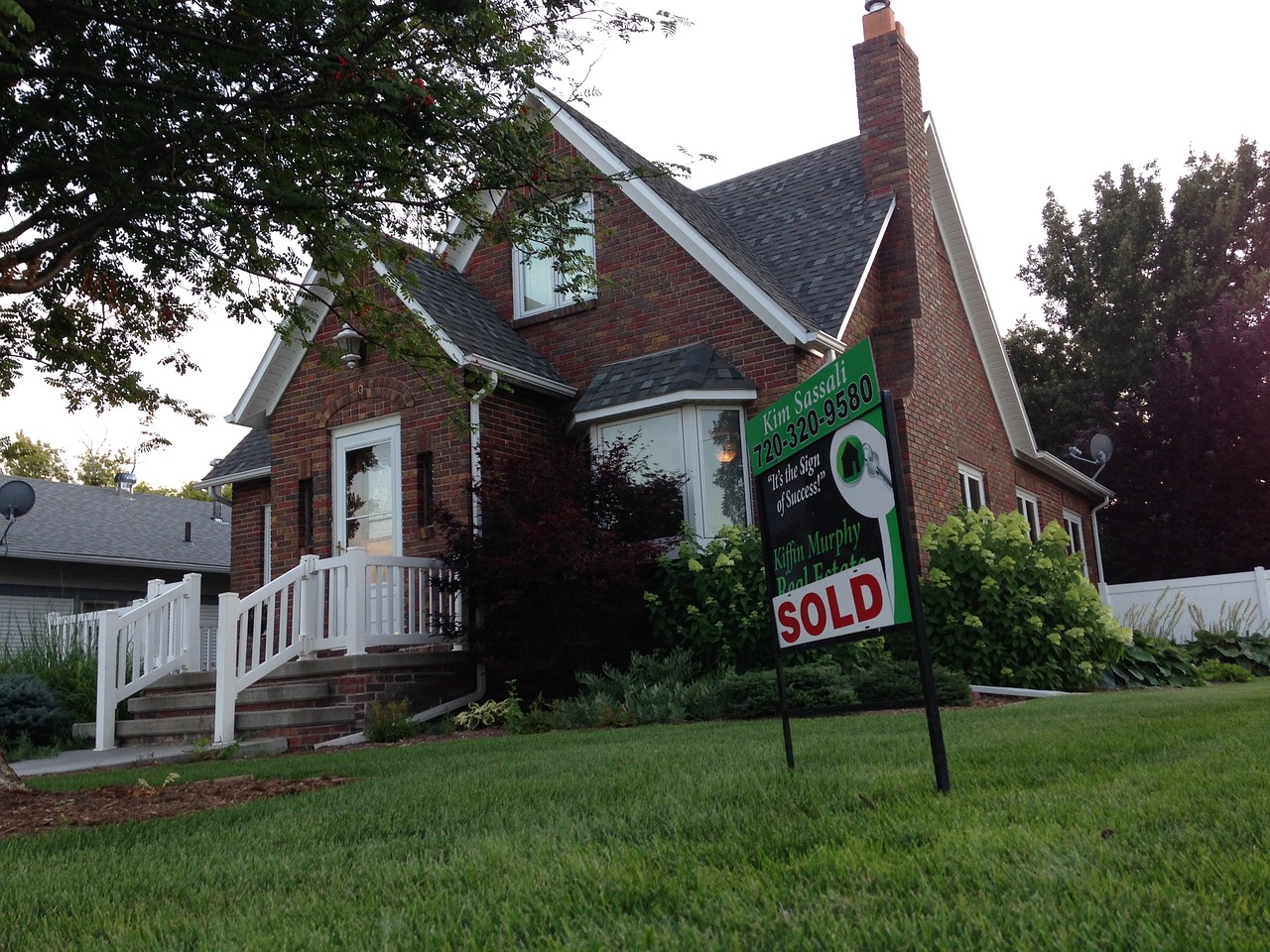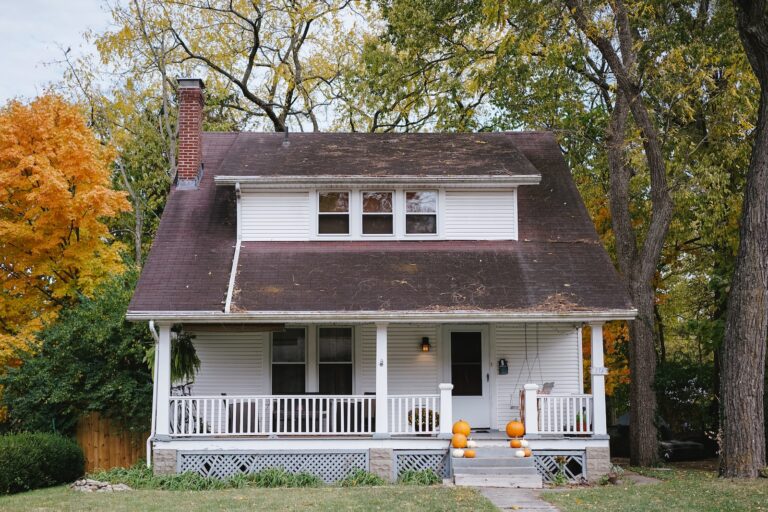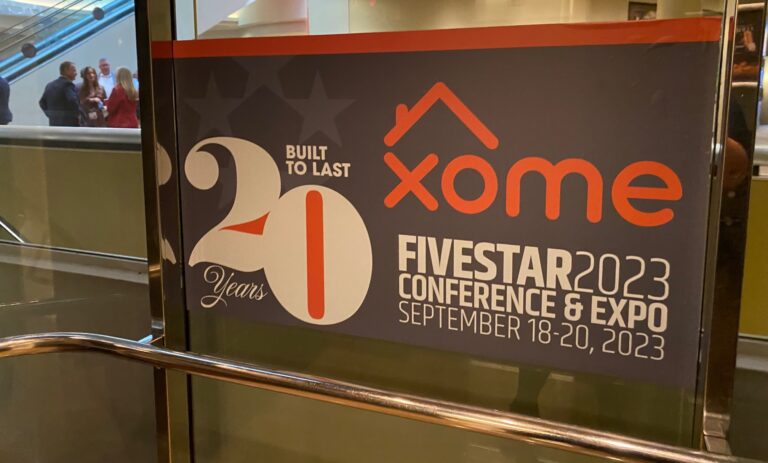When evaluating a real estate property, whether it is an investment, primary residence, or both, it is the property itself that draws you in. The combination of price, location, and structure must meet your needs. But what if the property in question is within the right of redemption period? What does that mean, exactly, and what if that property is at an online auction?
These are the questions we hear most frequently and their answers to help you build understanding and confidence when bidding on property auctions.
What is the right of redemption?
The right of redemption is the right of any borrower or mortgagor to reclaim a property on which they have defaulted. To put it simply, it is the borrower’s opportunity to redeem the property from the foreclosing institution.
The defaulting borrower is required pay the back taxes and liens against the property to reclaim it. If the property has gone to auction or completely foreclosed, the property owner is generally responsible for all fees surrounding foreclosure and the entirety of the outstanding mortgage to retain ownership.
How do you buy a redemption property?
Redemption properties are frequently purchased in auctions through entities like Xome. The bidding process for a redemption property is identical to that of an REO or non-bank owned property, the experiences differ in the closing and transfer of title.
For example, a foreclosure sale can occur and a new buyer may have a claim to the property, but the foreclosure deed will not be recorded until after the right of redemption period has expired. Until this point, the defaulting buyer has the right to make all parties whole and reclaim their property.
The right of redemption period is specific to the state in which the property is located. Redemption timelines, requirements, and exceptions are also state-specific, so if you buy properties in multiple locations it is best to learn each state’s foreclosure laws and how they differ.
What are the pros and cons of buying a redemption property?
Redemption properties are often deeply discounted but the price benefit comes at other potential costs. They are typically occupied, which means seeing the inside of the structure and completing inspections are usually off the table. Plus, you’ve bid on and won the redemption property at auction the previous owner can still reclaim the home. It is this uncertainty that contributes to the big discounts that make these properties valuable for investors.
Can the new buyer close on the property before the redemption period ends?
You’ve found the right property and you’ve won the auction, but you don’t want the uncertainty or the wait of the redemption period, so what can you do? One option is to obtain a Waiver of Redemption from the foreclosed borrower.
This allows for the transaction to move forward and close prior to the end of the full redemption window (this requires engagement with the foreclosed borrower). Other sellers may be willing to work with buyers through parts of the purchase and closing process but not fully convey the property until the redemption period concludes.
Can redemption properties pose more risk and uncertainty than a traditional property? Possibly, but the potential for getting the right property at a price better than you imagined can make a little bit of inconvenience all worthwhile.
Interested in adding a foreclosure to your real estate portfolio? Visit Xome today to see the available properties in your area.







